Life
Sign up for our newsletter
We summarize the week's scientific breakthroughs every Thursday.
-
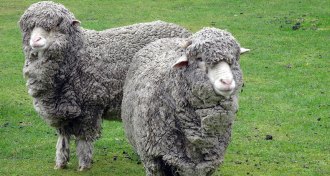 Animals
AnimalsMath describes sheep herd fluctuations
Scientists have developed equations to describe the motion of a herd of sheep.
-
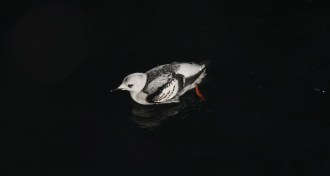 Animals
AnimalsLife in the polar ocean is surprisingly active in the dark winter
The Arctic polar winter may leave marine ecosystems dark for weeks on end, but life doesn’t shut down, a new study finds.
-
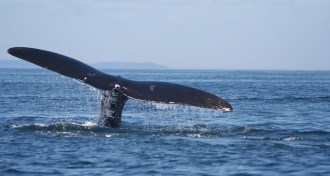 Animals
AnimalsDon’t judge a whale’s gut microbiome by diet alone
Evolutionary history and diet may both determine the microbes that live in a baleen whale's stomach, researchers report.
-
 Neuroscience
NeuroscienceHow a fat hormone might make us born to run
Many runners finish long races in a euphoric mood. The underpinnings of this runner’s high may involve many chemicals, including the fat hormone leptin.
-
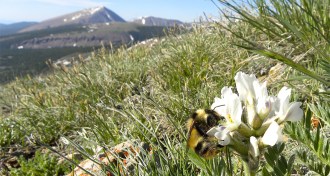 Animals
AnimalsAlpine bee tongues shorten as climate warms
Pollinators’ match with certain alpine flowers erodes as climate change pushes fast evolution.
By Susan Milius -
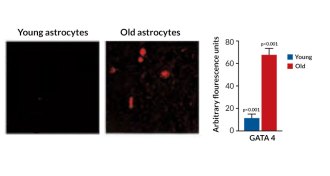 Health & Medicine
Health & MedicineWhat makes cells stop dividing and growing
Scientists have found that the protein GATA4 helps control cellular senescence, and may be a target for treating aging-related diseases.
-
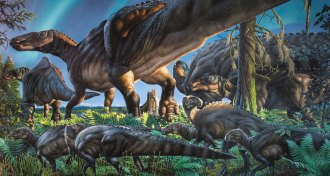 Paleontology
PaleontologyNew dinosaur identified in Alaska
New species of duck-billed dinosaur discovered in the Alaskan permafrost.
By Meghan Rosen -
 Life
LifeFor people, mealtime is all the time
People eat for most of their waking hours, which may affect sleep and weight.
-
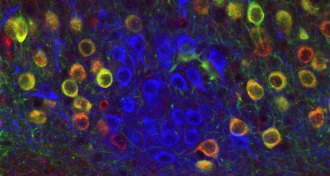 Neuroscience
NeuroscienceSeparate cell types encode memory’s time, place
Cells called ocean cells help store a memory’s “where,” while other cells called island cells help store a memory’s “when.”
-
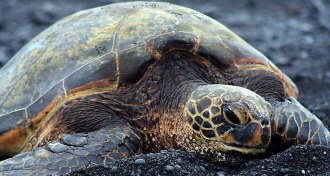 Animals
AnimalsHow to see sea turtles — without bothering them
Sea turtles come out of the water to lay eggs on beaches. It’s a great time to see the reptiles — if you know what you are doing.
-
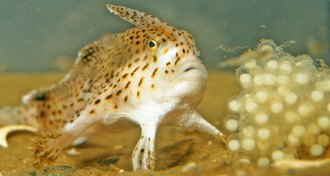 Animals
AnimalsThese fish would rather walk
Slowpokes of the sea, frogfish and handfish creep along the ocean bottom.
By Susan Milius -
 Genetics
GeneticsBenyam Kinde: Gene expression and Rett syndrome
M.D.-Ph.D. student Benyam Kinde studies how genetic changes affect brain cells’ activity in Rett syndrome.